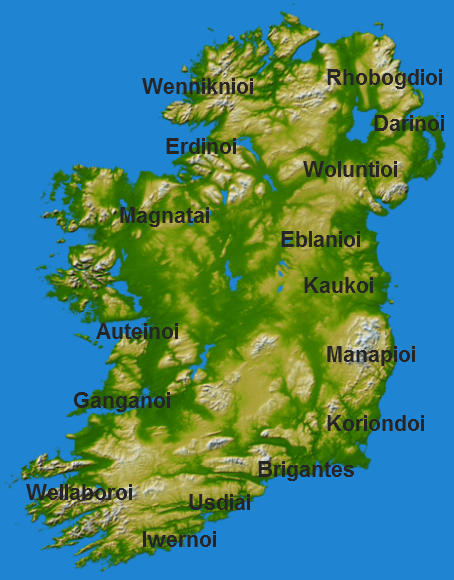|
Liam Inglis
Liam Inglis (1709–1778) was a Gaels, Gaelic-Irish people, Irish poet and priest. Overview Ó Ciardha describes "Priest-poets such as Liam Inglis, Seán Ó Briain (poet), Seán Ó Briain, Conchubhar Ó Briain, Domhnall Ó Colmáin and Uilliam mac Néill Bhacaigh Ó hIarlaithe" as "the heirs of Seathrún Céitinn and Pádraigín Haicéad who had emerged as major political voices in the seventeenth century. The promoted the House of Stuart, Stuart cause, which was an intrinsic feature of Irish Catholic nationalist identity until at least 1760." (p. 50, 2001) In ''Atá an fhoireann so'', Inglis expressed the hope that, with the Stuarts in power, he and the other poets would not need to fear to speck their treason. Composed in 1742, his ''M'atuirse traochta na fearchoin aosta''p. 40, spoke of the hope that the banishment of tyrants would free Irish towns from high rent and put an end to the nicknames used for Prince Charles. His empowerment would return all the churc ... [...More Info...] [...Related Items...] OR: [Wikipedia] [Google] [Baidu] |
Gaels
The Gaels ( ; ga, Na Gaeil ; gd, Na Gàidheil ; gv, Ny Gaeil ) are an ethnolinguistic group native to Ireland, Scotland and the Isle of Man in the British Isles. They are associated with the Gaelic languages: a branch of the Celtic languages comprising Irish, Manx and Scottish Gaelic. Gaelic language and culture originated in Ireland, extending to Dál Riata in western Scotland. In antiquity, the Gaels traded with the Roman Empire and also raided Roman Britain. In the Middle Ages, Gaelic culture became dominant throughout the rest of Scotland and the Isle of Man. There was also some Gaelic settlement in Wales, as well as cultural influence through Celtic Christianity. In the Viking Age, small numbers of Vikings raided and settled in Gaelic lands, becoming the Norse-Gaels. In the 9th century, Dál Riata and Pictland merged to form the Gaelic Kingdom of Alba. Meanwhile, Gaelic Ireland was made up of several kingdoms, with a High King often claiming lordship over ... [...More Info...] [...Related Items...] OR: [Wikipedia] [Google] [Baidu] |
